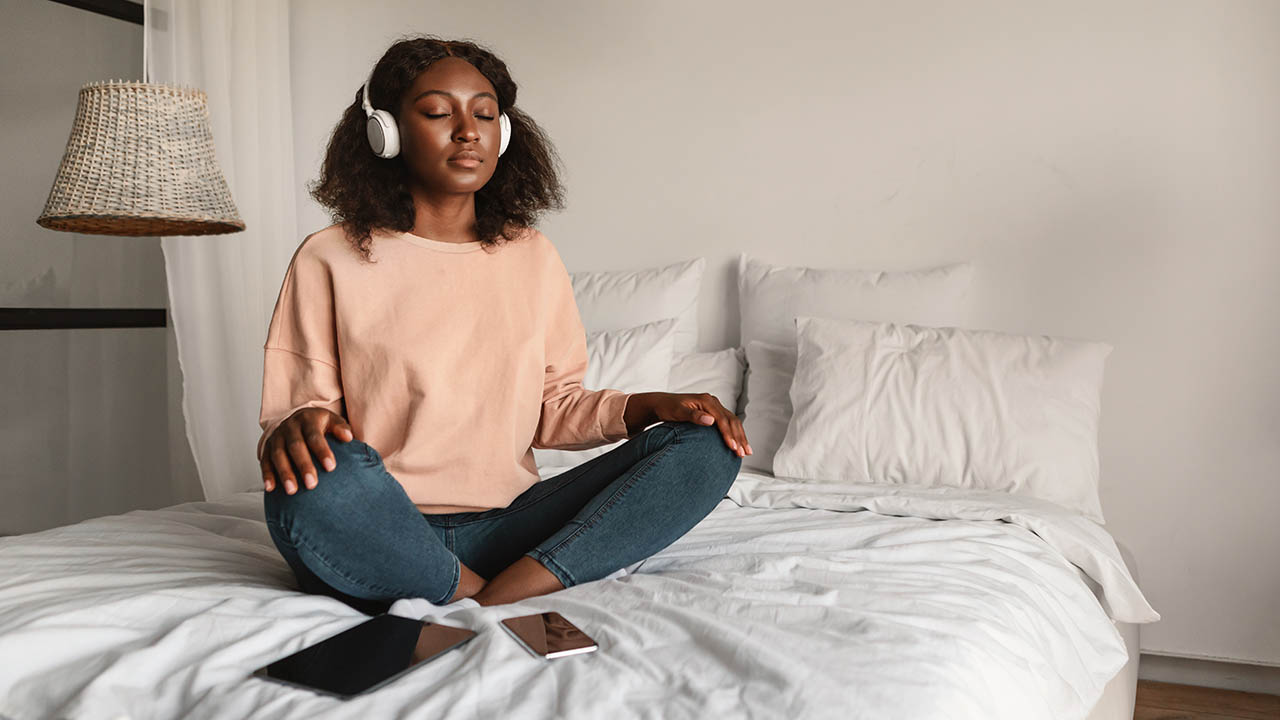Sleep, anxiety, and meditation: The best mobile mental health apps
 CREDIT: PROSTOCK-STUDIO
CREDIT: PROSTOCK-STUDIOMeditation has continued to become a growing way that students are managing their stresses in college.
According to a study conducted by the Canadian Journal of Psychology, nearly a quarter of students report having received a past-year diagnosis of anxiety or depression, with 16 per cent reporting a dual diagnosis.
With increasing cases of depression, anxiety, and stress in the lives of young people across the country, there’s no doubt Fanshawe students are dealing with this too.
It’s important to find ways to cope and relax whenever possible to avoid panic attacks and overall burnout.
One of the most convenient options nowadays are meditation and sleepbased phone apps.
With the increase in need and demand for these apps, the amount of available options has increased as well. This has made it increasingly difficult to find which potential option would work best for you.
The main front-runners in the space as of right now consist of Calm, BetterMe: Mental Health, Headspace, and Balance. Each of these apps are unique in their own way, so let’s lay out some of the major pros, cons, and differences of each.
Calm:
This is probably one of the most heard-of apps on the list, with ads currently circulating on Spotify talking about the app. While it is one of the most popular, it’s also one of the toughest to get into.
The interface is pleasant, everything is well laid out, and it even has some popular voice actor contributions including from Critical Role’s Matthew Mercer.
That being said, this app offers one of the least in terms of free-use availability. Users hit a paywall from the first time they open the app, with only a handful of available options for free.
This makes it incredibly difficult for those looking to experiment with app options or those looking for the odd hit of relaxation without a subscription.
To try: seven-day free trial, $15.99 per month or $76.99 per year.
BetterMe: Mental Health:
This is one of the secondary apps off of their main BetterHelp app, which provides therapy options and counselling. That does make it reassuring that they know what they’re doing.
For their mental health app, when it comes to meditation and relaxing during the day, BetterMe: Mental Health is one of my favourite available options.
While it’s a bit limited when it comes to sleep options and general long-term potential, it has a great amount of sound options and breathing exercises.
This makes it one of the best choices while studying, working, and generally trying to calm down while awake.
To try: $26.99 per year.
Headspace:
This one is fairly similar to Calm, with a very prevalent paywall limiting availability for free users. That being said, Headspace offers even less.
You will struggle to find even a single app that doesn’t have a lock symbol beside it, heavily pushing their paid services.
The app does have plenty of options ranging from breathing exercises, sleep guides, stories, options for families, and more.
The plans themselves are quite nice, and the app itself is very well laid out and easy to navigate. For those looking for a well-made and polished app, this is a great option.
You just might find it tough to want to fork over a subscription fee for an app that limits your usage from day one.
To try: seven-day free trial, $17.99 per month or $89.99 per year.
Balance:
This has become my go-to option. Balance has everything from single relaxation exercises to longer term, multiple day plans. There are different voice options available to customize the experience as well as different colour noise sounds to use. While the app is not technically free, it makes itself readily available to try and use, offering new users a free year of use rather than the standard seven-day trial.
To try: one-year free trial, $11.99 per month or $69.99 per year.
Everyone is different and not everyone will like and enjoy these apps the same way. Trying each and testing your preferences is a great option to make sure you’re finding the best app for you.
In any case, finding ways on your phone or in life to cope with life and relax when possible is one of the best things you can do for your long-term mental well-being.

















